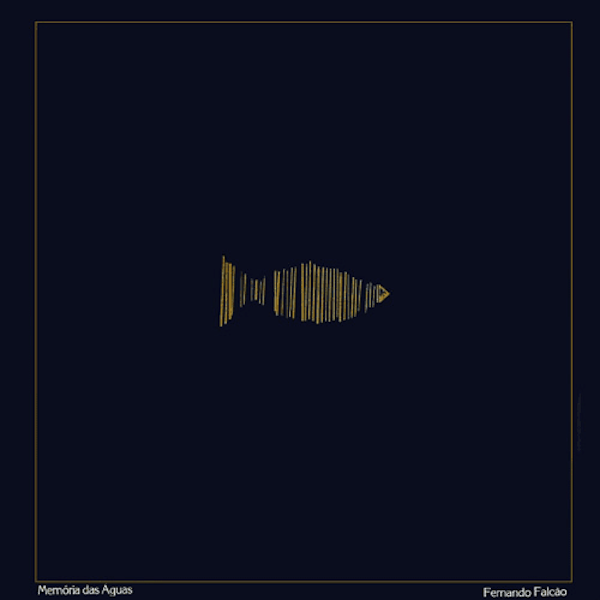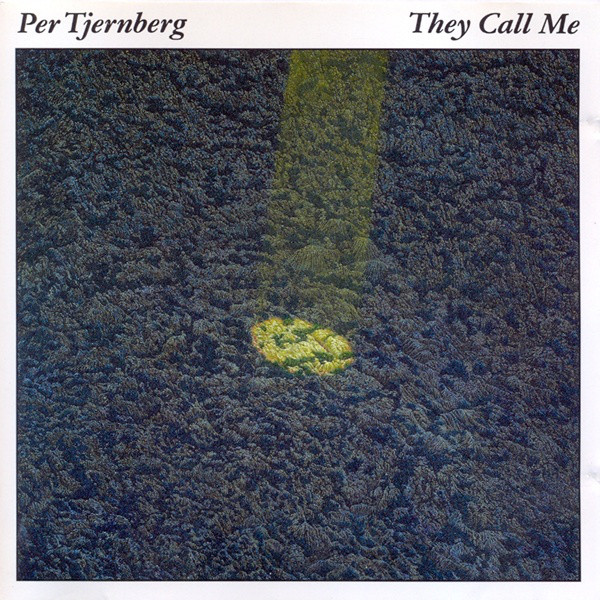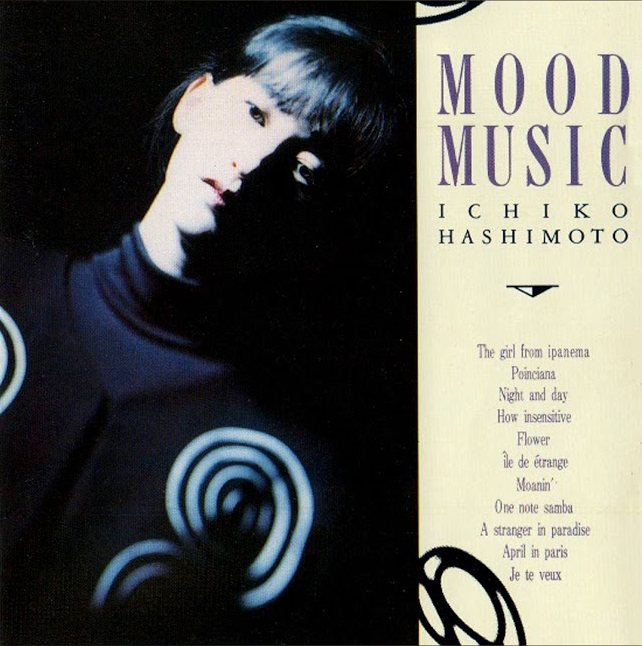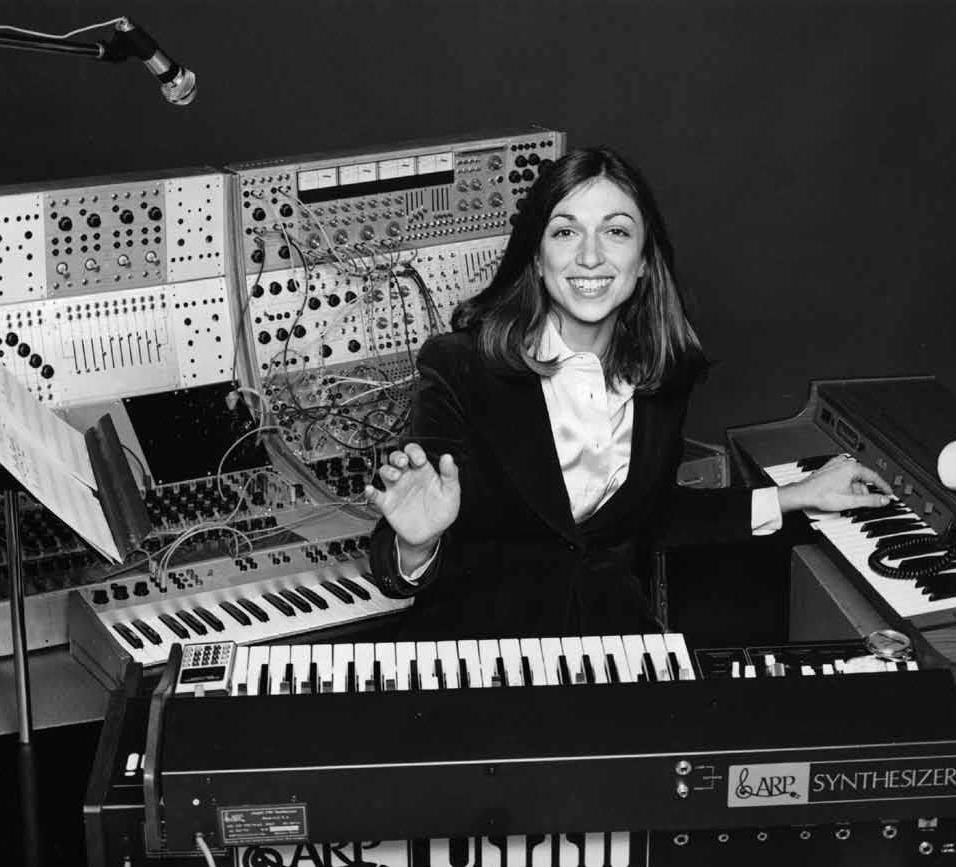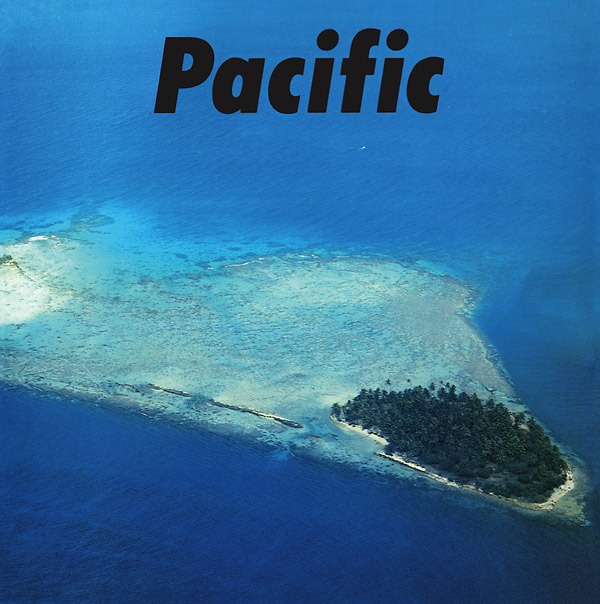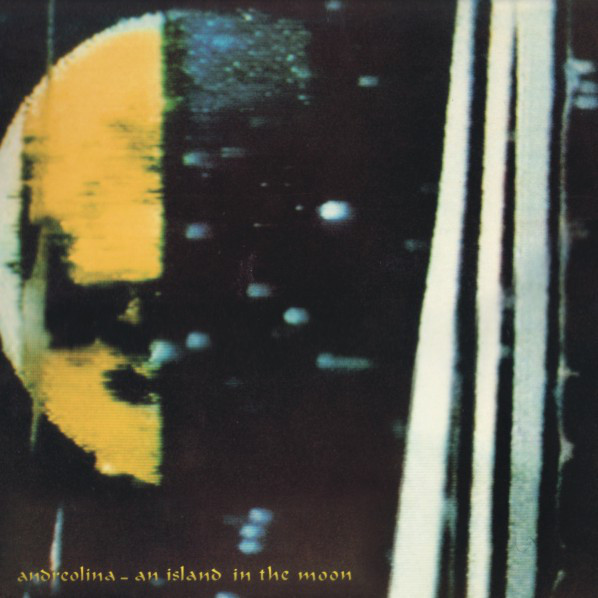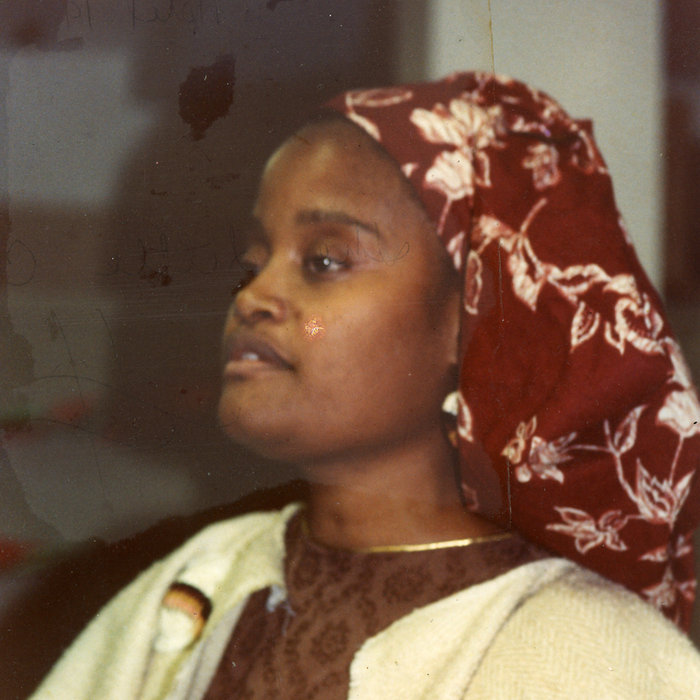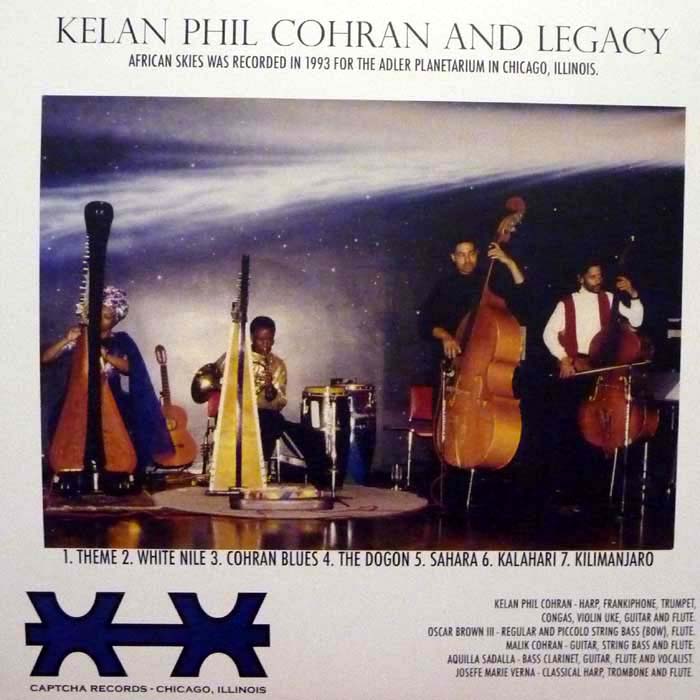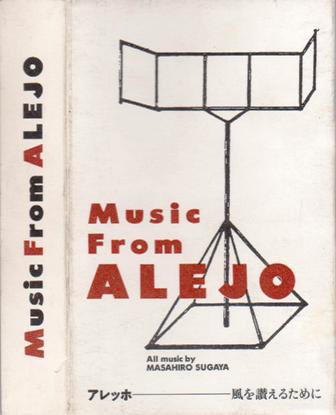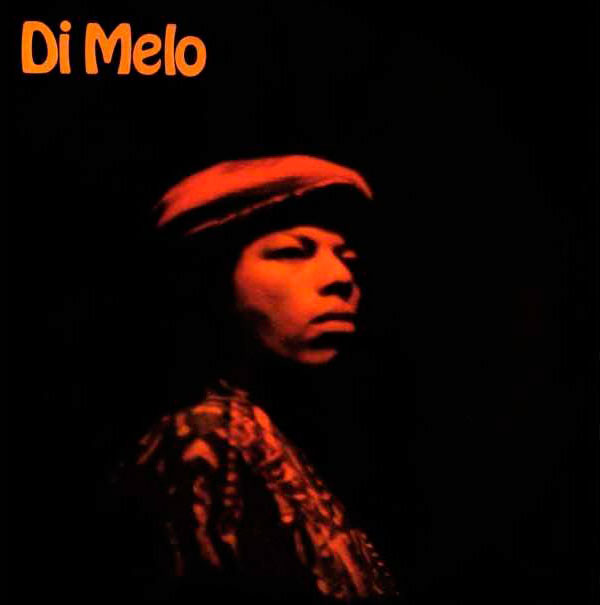
Following in the steps of Jorge Ben, who began incorporating elements of funk and soul into samba music in the early 60s (eventually creating whole new genres that became integral to Brazil’s Black Movement), Roberto Santos (aka Di Melo, “tell me”) didn’t enjoy the international name recognition that many of his more prolific peers did. Perhaps it’s because until 2016, Di Melo was his only full-length release. Still, if the measly two copies of the record currently available on Discogs with a starting price of $732.56 are any indication, the record has since attained its well-deserved holy grail status.
Santos was born in the Pernambuco region of Northeastern Brazil, moved to São Paolo in the late 60s, and was signed to EMI/Odeon in 1974. Other than that, I haven’t found much information about him, and it’s not totally clear why he didn’t continue to release music on the heels of Di Melo, as he’s written more than 400 unpublished songs. From what I gather, he was in a severe motorcycle accident in the 80s that almost left him a paraplegic, after which there were widespread rumors that he had not survived, which might have contributed to his long hiatus. There’s a short documentary about him here from 2011–though it doesn’t have English subtitles, it’s well worth flitting through even for non-Portuguese speakers for its amazing archival footage, as well as some beautiful contemporary footage of him serenading his small daughter in their kitchen.
Sonically, Di Melo is rich and complex, effortlessly winding between funk, samba, tango, jazz, soul, and regional folk. Hermeto Pascoal (!) contributes, though it’s not clear in what capacity. Eight of the twelve tracks are original compositions. It’s a wildly ambitious debut effort, and, as seems to often be the case with Brazilian musical wunderkinds, it succeeds at all of its efforts. I’m far from an expert on Brazilian music, so rather than make uninformed statements, I’ll encourage you to listen to it–it’s a pleasure from the enthusiastically syncopated, brutally grooving opener “Kilariô” (which, as I understand it, was the biggest hit at the time of Di Melo‘s release) all the way to the sunny, cowbell-flecked cakewalk closer “Indecisão.” In between, the unbothered, sinewy “Se O Mundo Acabasse En Mel” (previewed below) is my personal favorite. Ideal warm weather listening.
Thank you Silva for the reminder about this terrific record!

